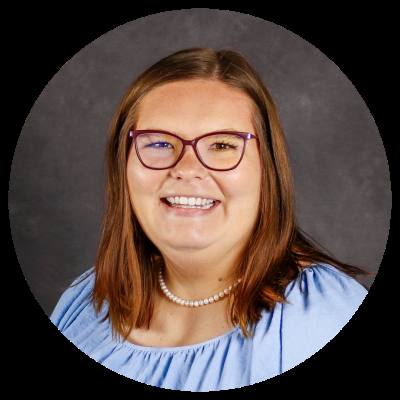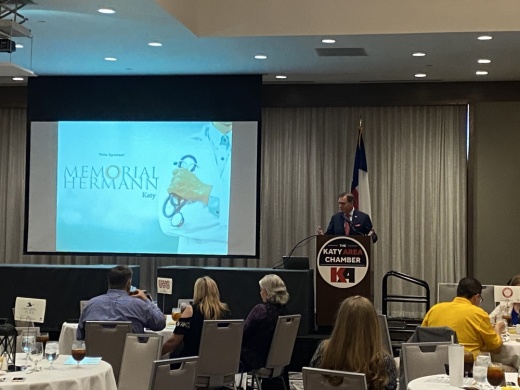Ashworth said 99% of patients who are admitted with COVID-19 are unvaccinated.
“It’s really become an issue of the unvaccinated that are seeking care and need to be admitted,” he said. “It’s definitely something that’s very frustrating for the frontline workers and physicians because we do believe this is something that could be prevented.”
Ashworth was one of six local medical executives who discussed the challenges facing their respective organizations as COVID-19 cases surge in the Greater Houston area at a Katy Area Chamber event Aug. 12.
Dr. John Zerwas, who served as member of Gov. Greg Abbott’s COVID-19 Strike Force, gave a recap of the steps government and health officials took to respond to the pandemic and reopen the economy.
Zerwas, a former Republican state representative from Richmond, said coming off the January surge as more people got vaccinated, people felt they could begin to put the pandemic behind them.
However, the Houston area was not immune to the delta variant, which is driving the current surge, Zerwas said.
And although the community is seeing an increase in COVID-19 cases and hospitalizations, he said there is also a “significant” amount of immunity in the population, if you consider those who have taken the vaccine and those who have recovered from the virus.
Zerwas added that individuals who are more likely to have a bad outcome from COVID-19 have taken the vaccine, and that older populations are vaccinated against the virus at higher rates than people under the age of 50.
“There is no doubt that the best thing that we can do to protect ourselves and to protect others is with the vaccine,” Zerwas said.
Of those ending up in the hospital, many are younger patients, said Wayne Voss, CEO at Houston Methodist West Hospital. Voss said these patients tend to require less ICU care and recover a little faster than elderly patients.
Still, Voss said they do not have beds for everyone coming into the emergency department.
“It’s not a good time to get sick—not only in Katy—but it’s not a good time to get sick anywhere in the Houston area,” Voss said. “The availability of beds is not there.”
Ivett Shah, senior vice president at Texas Children’s Hospital West Campus, said her hospital is seeing an increase of children with respiratory syncytial virus, or RSV, and COVID-19. She described record numbers of emergency center visits.
“The misconception in the very beginning was that kids didn’t get COVID. That isn’t true,” Shah said.
The demand for medical services at Christ Clinic has also skyrocketed, Executive Director Lara Hamilton said, adding the clinic is booked out about a month.
Christ Clinic provides medical care for the uninsured and underinsured in the area. Hamilton said her organization has seen a lot of new patients as people have lost jobs or been financially affected by the pandemic.
Hamilton said staffing shortages and employee burnout have also affected Christ Clinic’s operations.
“Being a smaller nonprofit, we cannot pay our providers what other medical entities can pay their providers, so we are losing a lot of medical staff to large entities,” Hamilton said.
Amanda Hamlin, executive director at Houston-area locations of the University of Texas MD Anderson Cancer Center, and Mandy Westerman, senior vice president of behavioral health at Universal Health Services, said their organizations have developed ways to provide cancer treatment and mental health services in a safe environment during the pandemic.
Westerman said during the pandemic as people stayed home from work and school, they may have lost an access point for mental health services. She said that as school resumes they are anticipating an uptick in child and adolescent patients.
“Our biggest concern is we don’t know what this has done to our children because we’re still in it,” Westerman said.





